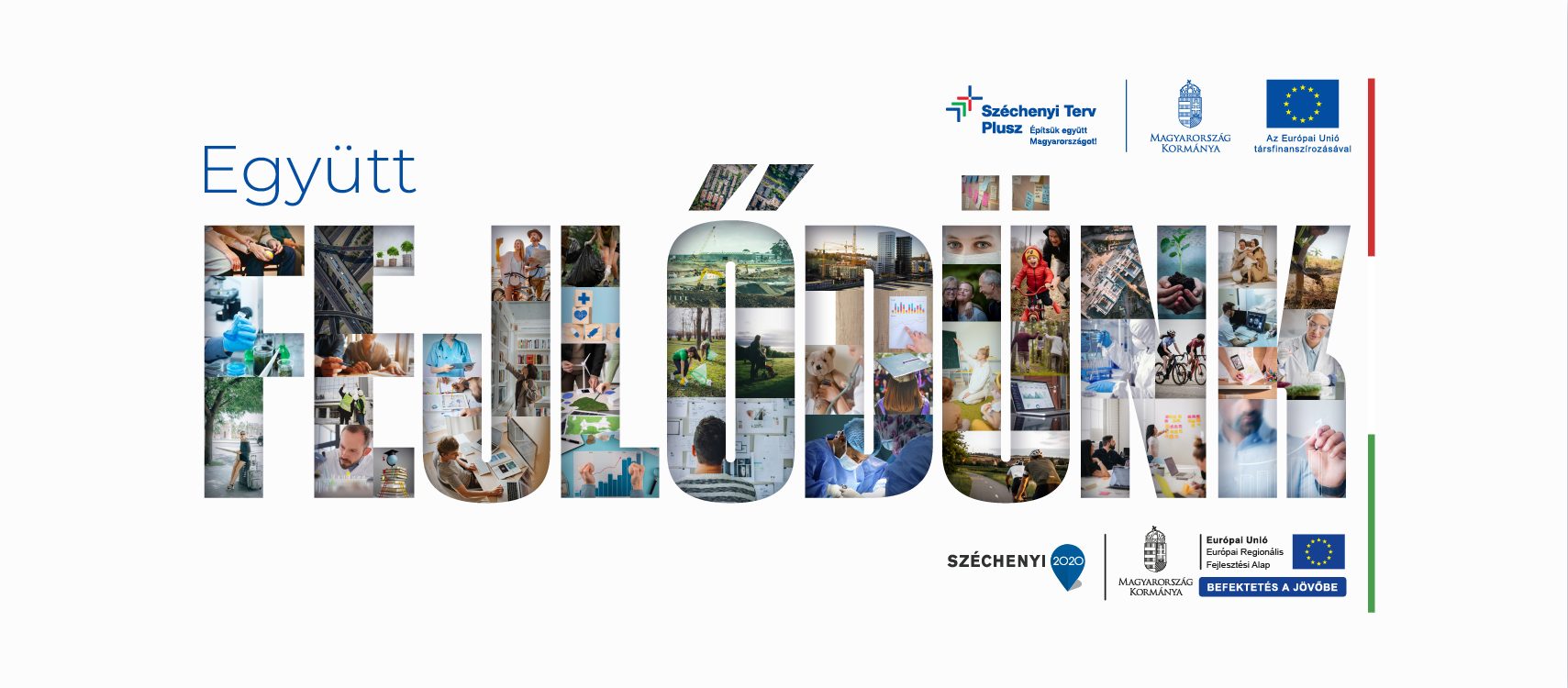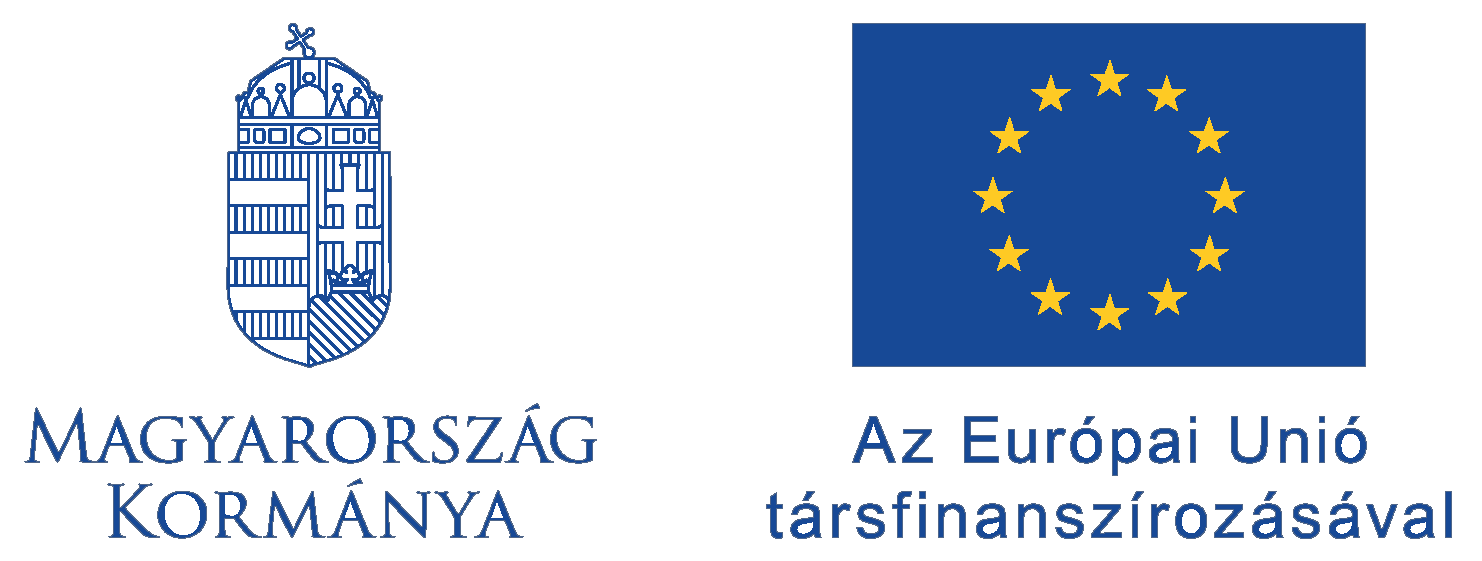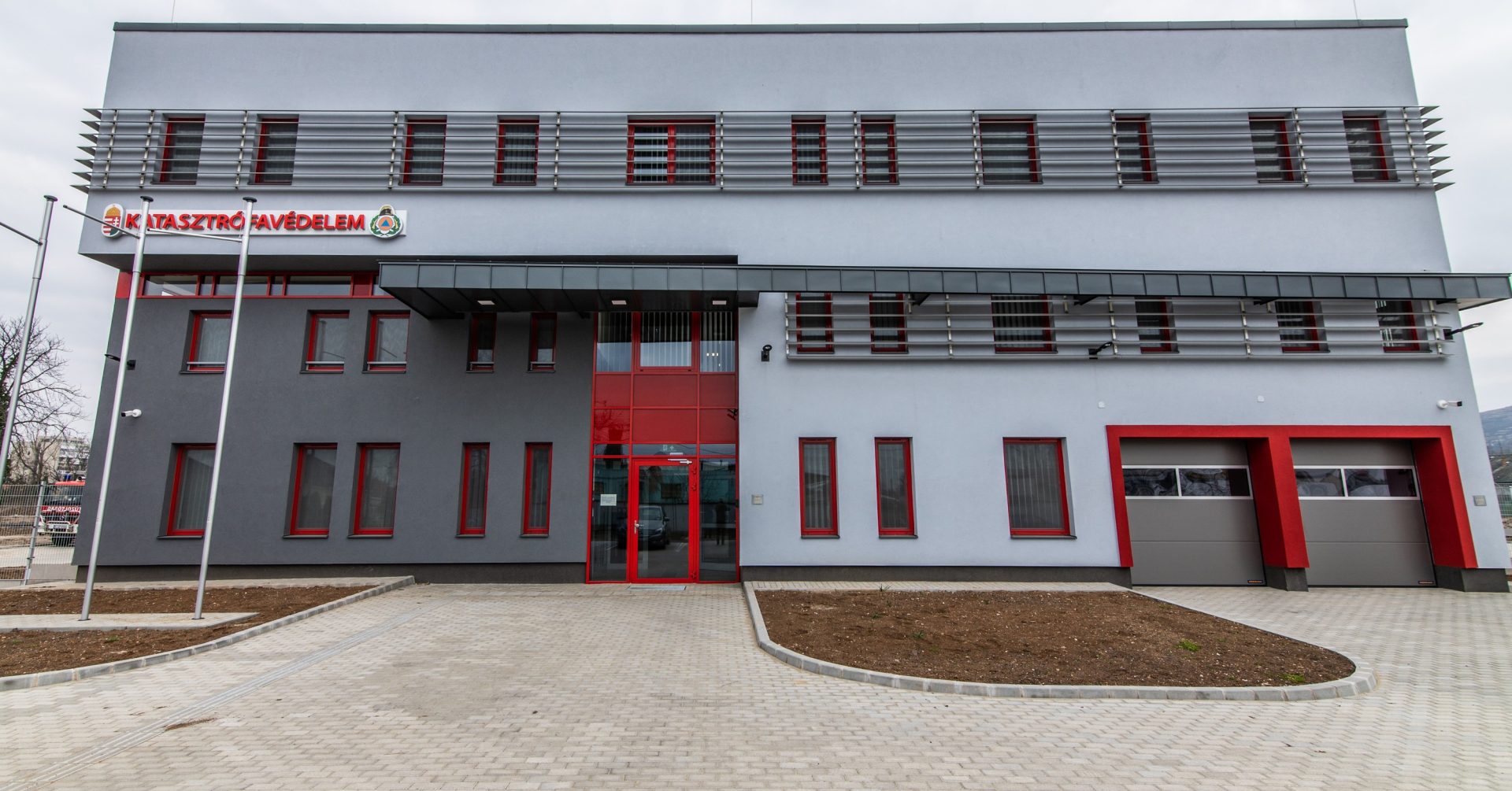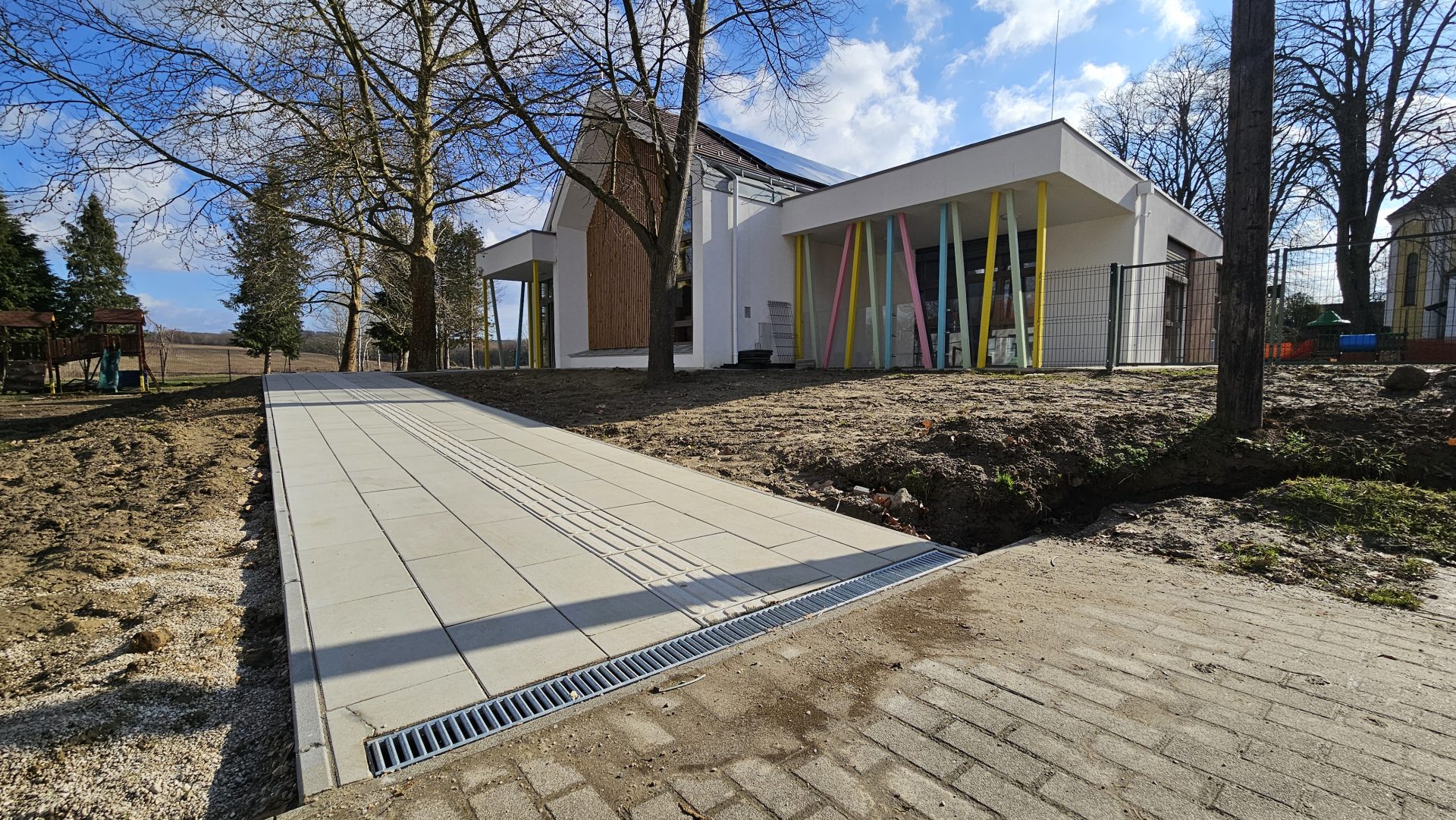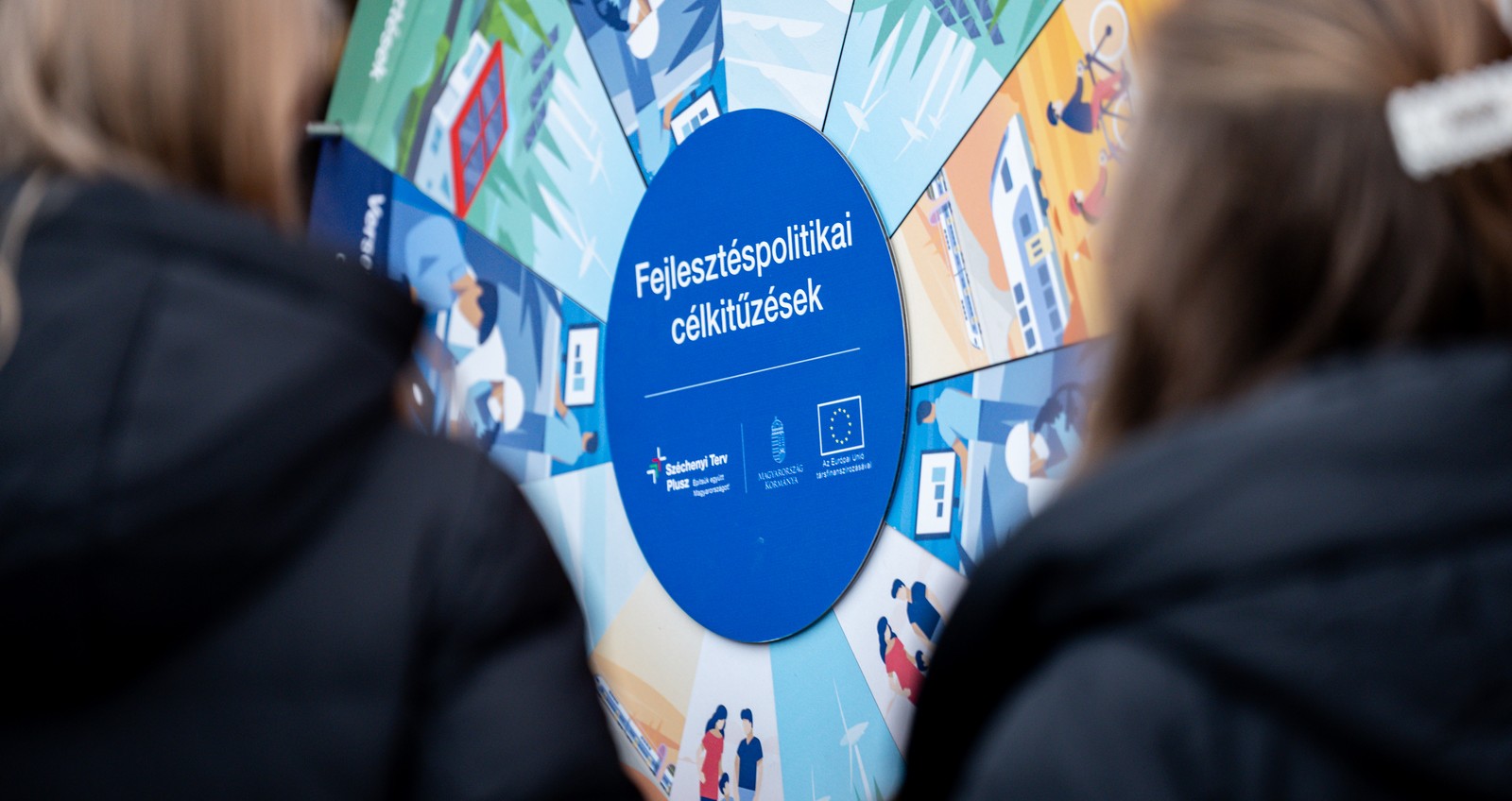In 2019, a unique social inclusion program was launched with the goal of giving even the poorest municipalities a fair chance to develop. The project, however, is not only about supporting those in need, but also about training professionals.
The initiative covers 300 municipalities, and support work has already started in 238 of them, bringing real change to the lives of local residents.
At the heart of the Emerging Settlements Program are the so-called Presence Points established in each municipality. These are community hubs where professionals do not simply try to “solve problems,” but stand alongside local people in their daily lives—supporting families, children, and communities. The methodology behind the Presence Points is based on long-term commitment and covers every area of life: from healthcare and education to sports, housing, crime prevention, and even the creation of playgrounds.
The program, with a total budget of more than 70 billion forints, is implemented with both Hungarian and European Union funding. It is coordinated by the Hungarian Charity Service of the Order of Malta, in cooperation with 28 church and charitable organizations.
The Pillar Project, which makes a significant contribution to the objectives of the Human Resources Development Operational Programme Plus, has already reached many milestones and achievements that we have reported on in the past. This time, however, we would like to highlight what lies behind the results: the dedicated work of hundreds of professionals. This close-knit network can only succeed if every participant takes part in training. With the joint support of the Hungarian government and the European Union, the project ensures that people living in the poorest municipalities receive targeted assistance.
The training program is structured in stages, helping every new colleague integrate quickly, while also giving experienced staff new motivation. Since 2021, 832 professionals have completed sensitization training, which provides both psychological knowledge and practical field experience. In addition, five-day professional foundation courses are held in groups of municipalities, with particular focus on child protection, early childhood development, and social work. By the first half of 2025, 179 professional theme days had also been organized on critical issues such as drug prevention, victim support, domestic violence, and the operation of the child protection alert system.
These trainings transform individuals into communities and encourage networking, so that every participant can feel they are not alone in the mission of social inclusion. This lays the foundation for the program’s long-term success.
